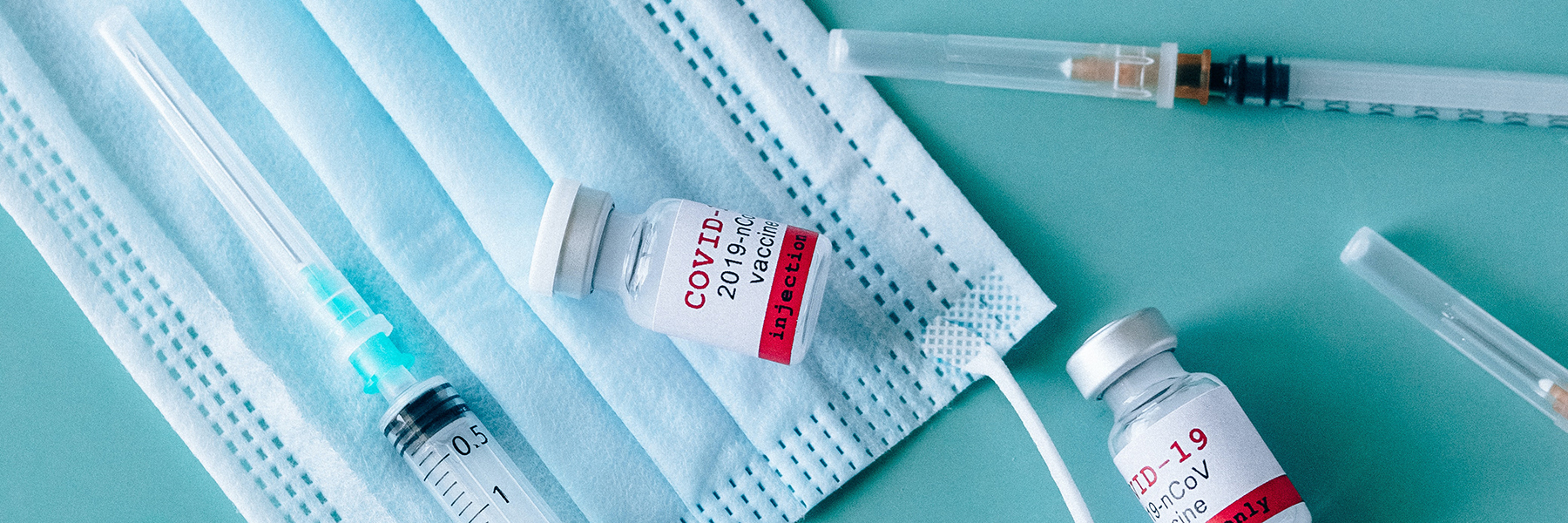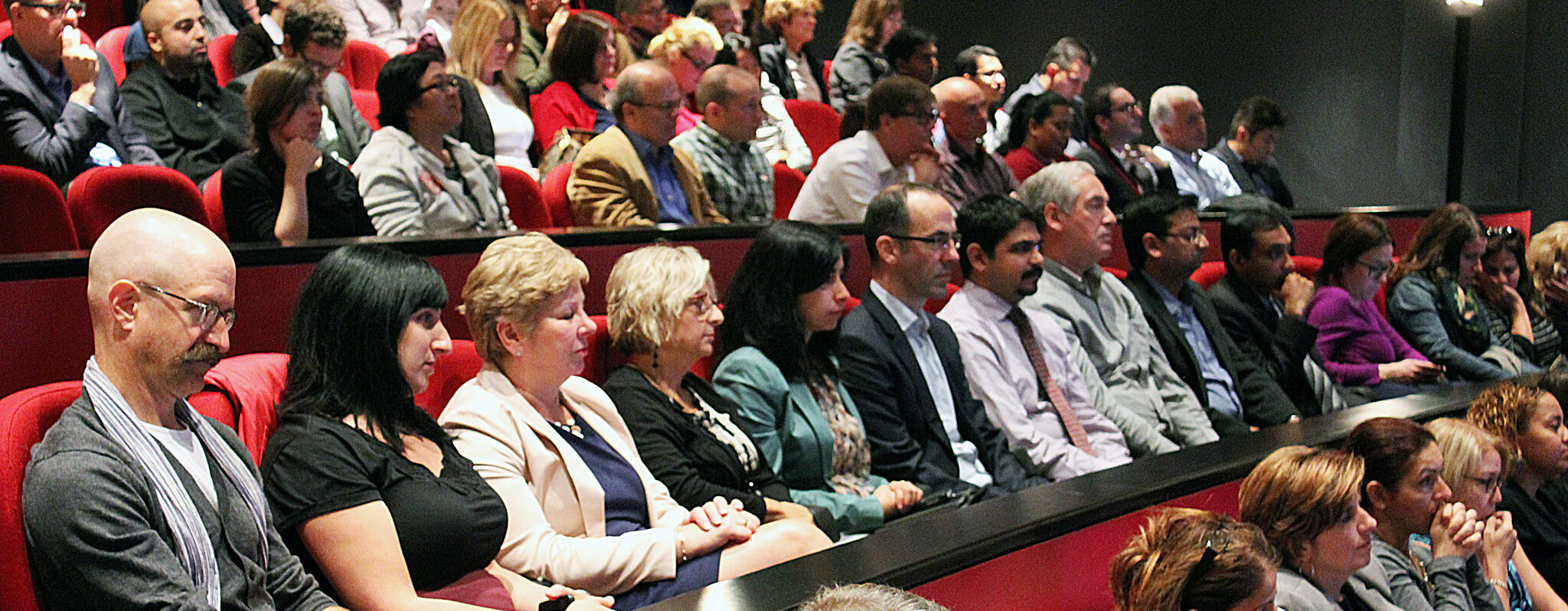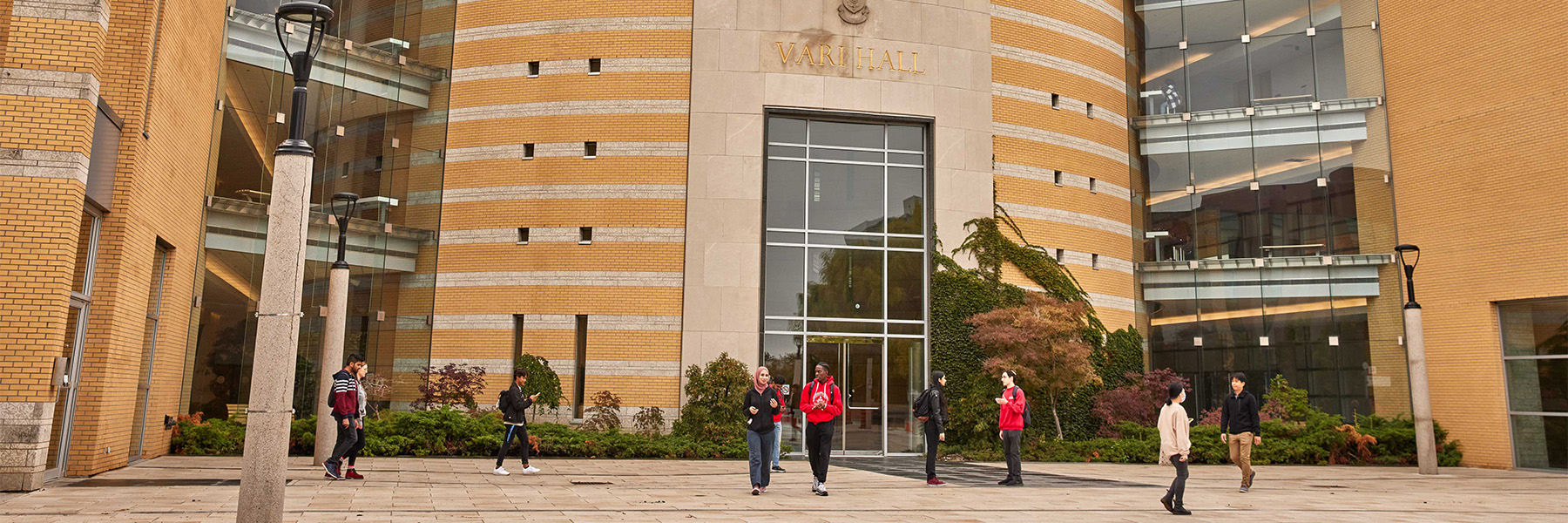Political ideology may be the main driver of who is getting a COVID-19 vaccine in the United States and it’s falling along racial lines with racial and ethnic minorities now being the most likely to roll up their sleeves, according to new research by a York University professor.
This is a dramatic shift from the early days when COVID-19 vaccines were first available, and a lack of supply meant people in primarily Black and Latino areas of the United States were less likely to be vaccinated. Now, counties that are primarily comprised of whites are lagging behind in getting vaccinated.
It’s a switch that runs counter to the belief that racial minorities shied away from vaccinations because of hesitancy and distrust with the medical establishment.

“Although many thought a history of medical mistreatment caused Black communities to be skeptical of vaccines, the main reason for lower COVID-19 vaccination rates was unequal access to vaccines,” says Assistant Professor Cary Wu of York University’s Faculty of Liberal Arts and Professional Studies.
“Recent research suggests vaccine hesitancy is not the root cause for lower uptake of vaccines in racial minorities. In fact, survey data show that Asian Americans are the group most willing to be vaccinated in the U.S. and Blacks have become more willing over time.”
Today, the leading factors in who is willing to get a COVID-19 shot, more closely align with political leanings. Counties with large communities of Republicans – more likely to be whites living in more conservative suburban and rural areas – have lower vaccination rates than those with a high percentage of democrats. Black Americans are more likely to have liberal democratic ideologies, while white democrats often live in racially diverse urban areas.
Wu looked at data from the Centers for Disease Control and Prevention’s weekly COVID-19 vaccination numbers and the U.S. Census Bureau’s 2019 American Community Survey, which provides the racial composition of more than 3,000 U.S. counties, for his research. He compared the vaccination rates of counties with the highest compositions of Asians, Blacks, Hispanics and whites, and analyzed how those rates shifted as the pandemic wore on.
In the beginning, a clear pattern of lower vaccination rates in socio-economically disadvantaged Black and Hispanic counties and higher rates in more affluent Asian and white counties emerged. But as time went on and access to vaccines increased in all areas, albeit more slowly and unevenly in disadvantage counties, that pattern began to change.
“If you were to ask me now what the single biggest predictor of who will get vaccinated is, I would say political ideology,” says Wu.
Conservatives are more wary of science and government which seems to fuel their unwillingness to be vaccinated. That means counties with higher percentages of white people are finding their vaccination uptake slowing, while counties with a higher composition of racial minorities, often with liberal leanings, are increasingly getting vaccinated.
“Socioeconomic disadvantage played a large role in who got vaccinated initially, but political ideology is now a major factor underlying vaccination rates across counties with varying levels of concentrations of different racial groups,” he says. “Even so, there is a need to pay attention to the particular vulnerability that members of different racial groups experience during pandemic. As newer vaccines become available, it will be important to ensure their equitable distribution as this should result in more widespread uptake.”
Acknowledging and addressing group-specific patterns and barriers for different racial groups is crucial for achieving effective and equitable responses and for reducing racial disparities during disease outbreaks in the future.
The paper, Racial concentration and dynamics of COVID-19 vaccination in the United States, was published in the September issue of the journal Social Science & Population Health.











